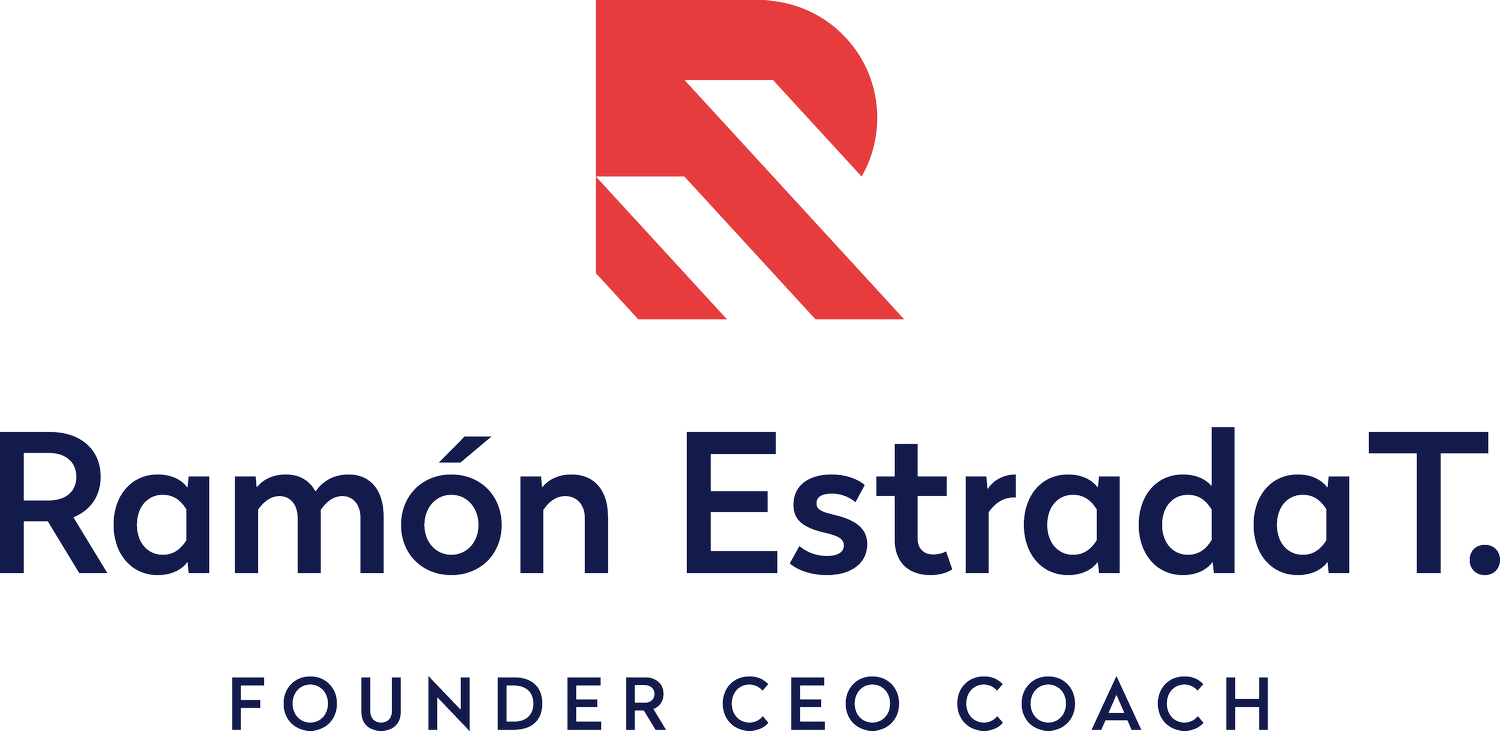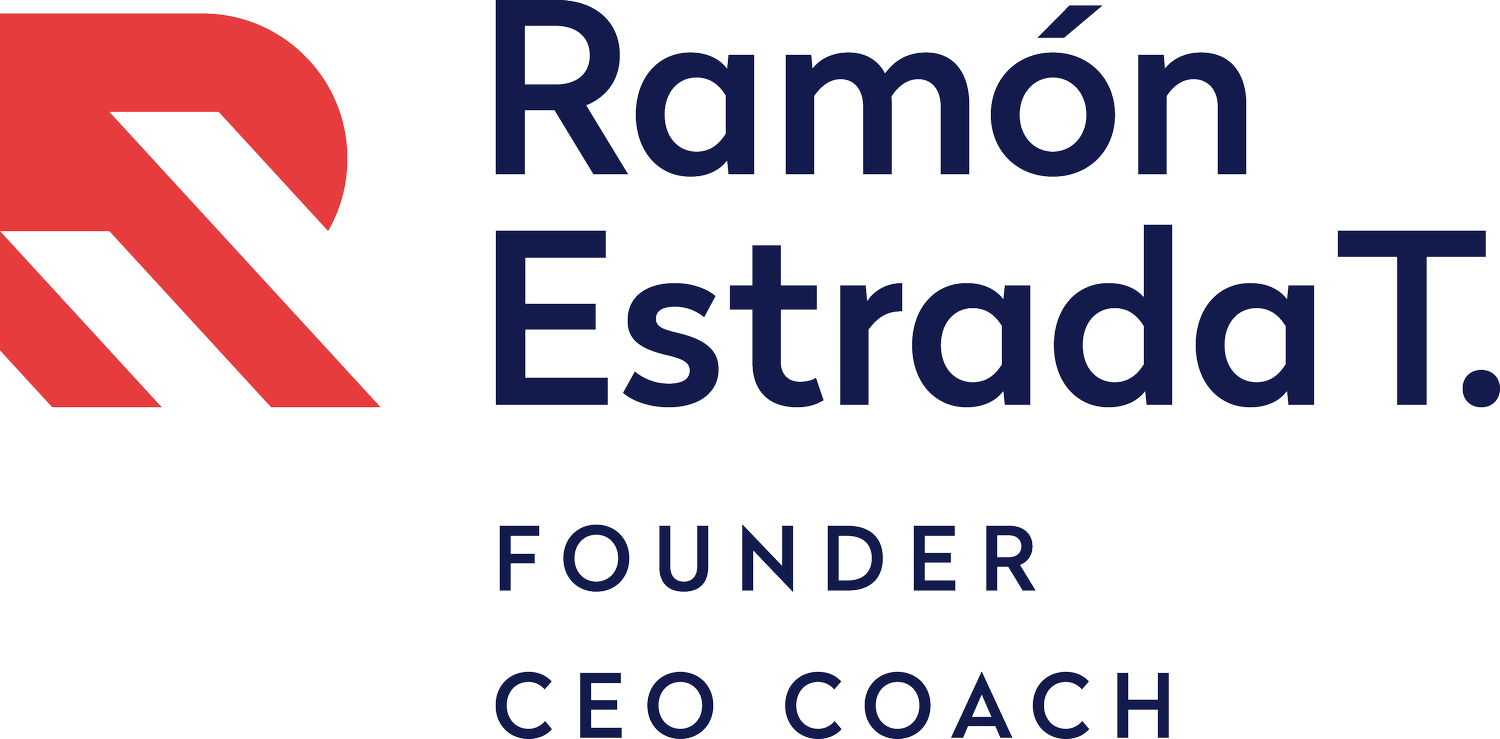Leadership skills: Building trust in the workplace
Many people argue that leadership cannot be learned nor it can be achieved through training or coaching. I strongly disagree with this idea, which is why I’m devoting my professional life to help potential leaders develop the necessary skills to become not just a leader, but an authentic leader. Through my experience over the years I can affirm that leaders are made, not born. Which is why I wanna share with you a couple tips on how to develop one the most crucial skills to achieve authentic leadership: building trust.
Building trust in the workplace, just as in our day to day relationships, is not easy and requires time and effort. But I can guarantee you, that if you work on the process of building it, your team will start to rely on you and vice versa. It will provide a sense of safety within your people that will evolve in a comfortable environment in which people will feel supported to take risks. The ultimate goal of an authentic leader is to create more leaders instead of collecting followers, and building trust will certainly help you achieve this goal.
1. Work on your dependability and reputation
Building trust starts with your reputation. Take care of each one of your relationships and focus on always leaving a good impression. Most probably by the time you meet your newest employee, they’ve already heard about you. Whatever your strong and weak points as a leader are, maintain consistency between what you want to communicate and what you do. This will make you dependable as a boss, and dependability is one of the most valuable assets in a work relationship. Josh Kaufman says in his best-selling book The Personal MBA:
Attracting customers first requires getting their attention, then making them interested (…). In order to close a sale, people must first trust your ability to deliver on what’s promised (…)
The same principle applies for relationships and teams: the offer you make must be attractive enough to get their attention and interest, but then you have to prove that you can deliver what you promised and more. Underpromise and overdeliver is —by far— a better strategy than overpromise and underdeliver. Remember the saying “you accept a job and leave a boss“? — If you build trust by being coherent with what you stand for and your actions, you will not be the reason a valuable team member leaves.
2. Transparency, fairness, and honesty
One of the downsides of not working with children is that most adults (and teenagers, now that I think about it) have at some point in their lives lost hope in the future. Nowadays, the news and social media thrive on the spread of catastrophism, despair and outrage, making this occasional or chronic hopelessness a severe problem.
If you want to build a culture of trust in the workplace, you cannot allow your company to join this hopelessness plague. Your company must be part of the solution, not part of the problem: a space of possibility, a path towards a brighter future.
I believe that transparency, fairness, and honesty should be must-have values for the information flow within your team. These three concepts must be signaled and backed by procedures, services, and actions. A way for people to trust your word is by making them not need it – because things working well should never depend on you being there and overseeing all processes and strategies.
3. Building trust is a two-way street
Building trust starts by trusting. The best business advice I ever received was from a fellow consultant who, back then, worked at IBM in Madrid. He told me: “Find the bottleneck and get rid of it.” What I discovered was, that many tasks that could be ready earlier took long stretches of valuable time just because they depended on my approval. This wasn’t helping getting things done.
When you start as a leader in any field, you’re tempted to have a finger in every pie and oversee everything. This is definitely not conducent to trust in the workplace. Micromanagement is one of the most effective ways to waste time and create both internal and external distrust. Trust that your team can effectively do their jobs. Select the right people, provide them with motivation and adequate tools, budgets and deadlines that you can afford, and focus your energy on your to do list.
Trust me, if you trust them and they know it, things will work out, goals will be achieved.


